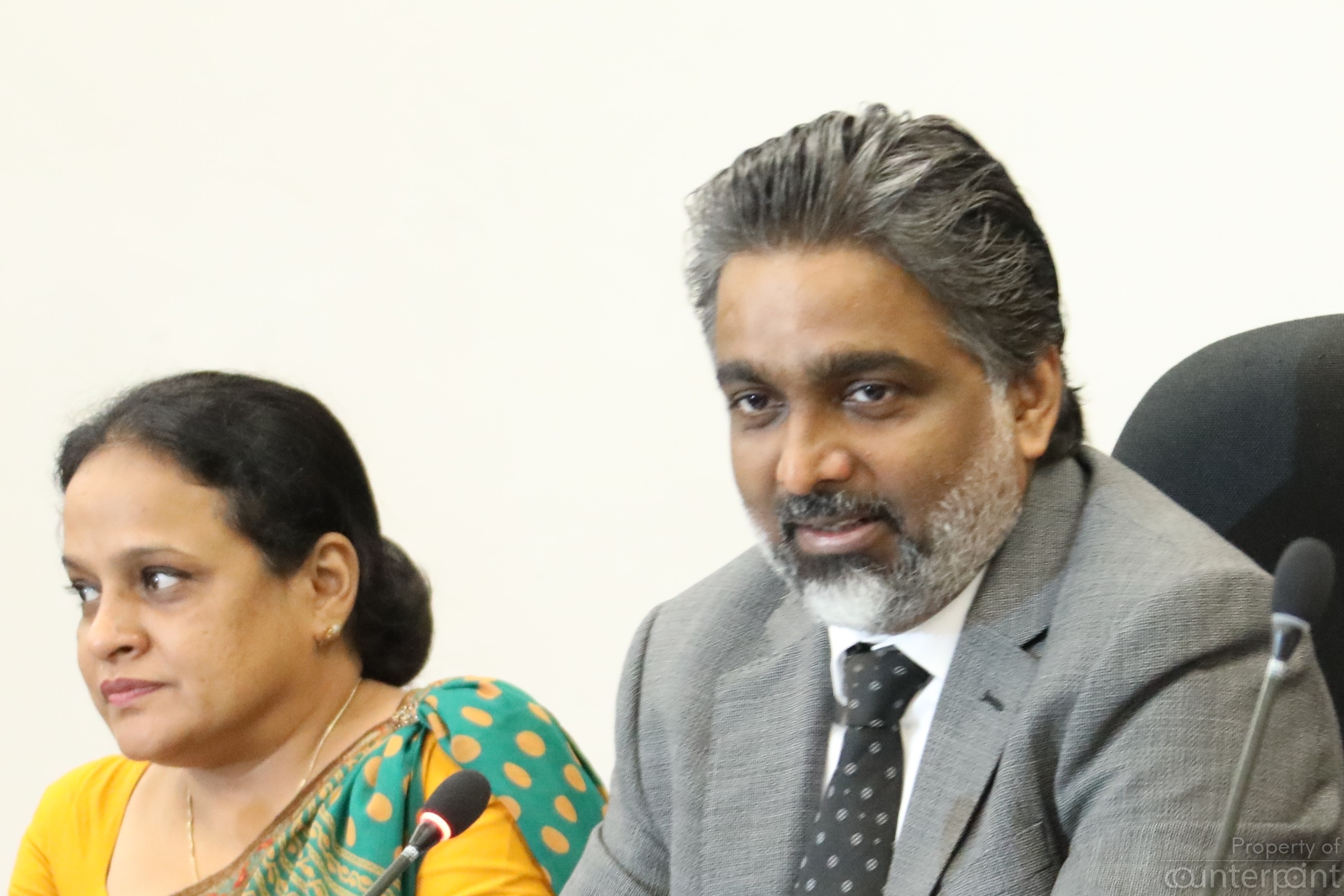
Undeterred by attempts to halt sex education in schools by some sections of society, an outline for a national policy framework to introduce the topic at all age groups of the student population took shape on Monday, February 17th. The nitty-gritty of the planned framework was discussed by representatives of health, education, child protection and psychology at a meeting called by the Parliamentary Sectoral Oversight Committee on Education and Human Resources.
The framework is to be presented to Parliament within the next few days and thereafter to Cabinet.
Chaired by Professor Ashu Marasinghe, it was agreed that a committee comprising of an Education Psychologist from the Ministry of Education, a Consultant in Community Medicine, Communication Specialist, Curriculum expert, Teacher Counselor, Child & Adolescent Psychiatrist, a senior health and physical education teacher, a Teacher Educator, sociologist, representative from the Child Protection Authority and the Women and Children’s Bureau of the Police department, as well as a translator from Sinhala to Tamil be appointed to prepare supplementary readers on reproductive health and sexual education for students, from pre-school to university level.
Participants at the discussion stated that it was important to include doctors and psychologists to the committee to ensure their expertise from the field is included when drafting books on the topic. As well, since many students drop out at Grade 10, the teaching of sex education will also be introduced to vocational training institutes. Special needs students too will be introduced to the topic.
The supplementary readers will be prepared in line with UNESCO guidelines on the subject and the spiral curriculum of the National Institute of Education. For pre-schoolers the topic will be introduced as an activity or in the form of a comic book, and as a story book to be read to students of grade one to five by their parents.
The drafts of the supplementary readers must be presented to representatives of the three parliamentary sectoral committees, health, education and women and gender as well as secretaries or their representatives from the Ministries of Health, Education and Higher Education and thereafter by the Academic Affairs Board and the National Institute of Education.
At the outset Prof. Marasinghe told the participants that while the Ministry of Education cannot be the sole decision maker on whether or not such a topic must be introduced to students, the policy framework is being put together to ensure the sexual and reproductive health is introduced in a manner that will not cause issues amongst the public. It is not to prevent the publication or the introduction of the topic to students, but to ensure the publications are well-thought out and presented in a manner that is age and culturally appropriate. UNP MP and member of the Sectoral Oversight Committee Rohini Kumari Wijeratne stated that health education must be made a compulsory subject for all grades, and beyond grade 10 as well.
Psychologist Dr. M B S Nirannjala Fernando stated that it was important to introduce information on Lesbian, Gay, Bi-Sexual, Trans-Gender and Queer or questioning,(LGBTQ) as she had, during the course of her work, dealt with desperate young adults seeking to end their lives as they are unable to discuss their sexual orientation or even understand what is going on with their bodies.
Participants also agreed that teachers, both already in the field and those preparing to become teachers, must be trained on how to impart this knowledge to students.
The national policy framework is an outcome of the storm of protests by a group of people who objected to the introduction of the supplementary reader, Hathe Ape Potha to grade 7 students claiming that the topics discussed were inappropriate and were not within the cultural norms of Sri Lankan society.


 Logging you in...
Logging you in... Loading IntenseDebate Comments...
Loading IntenseDebate Comments...

